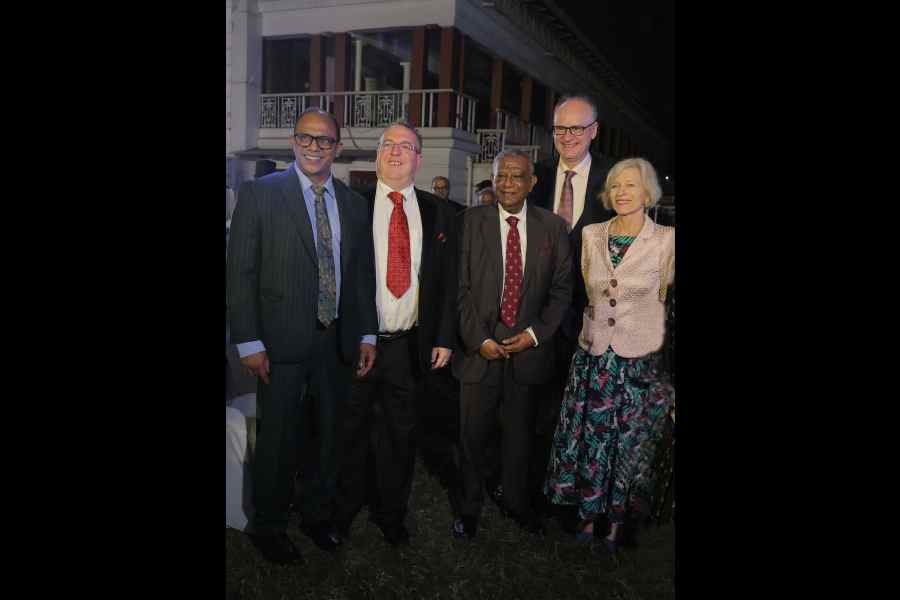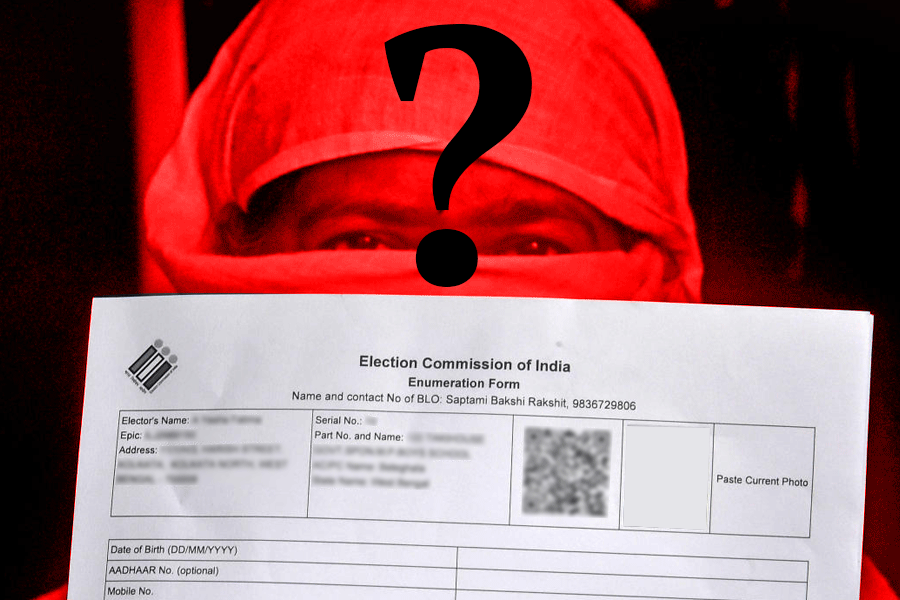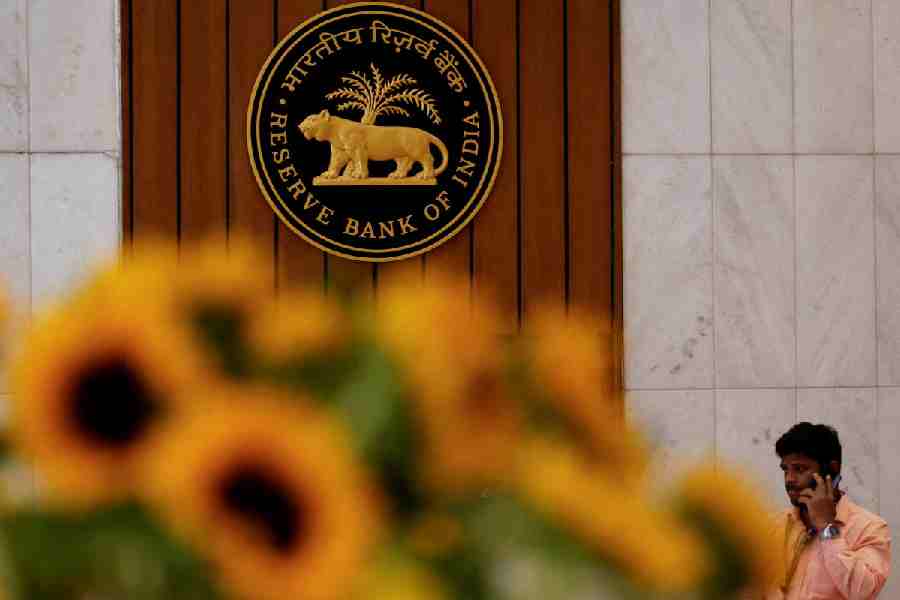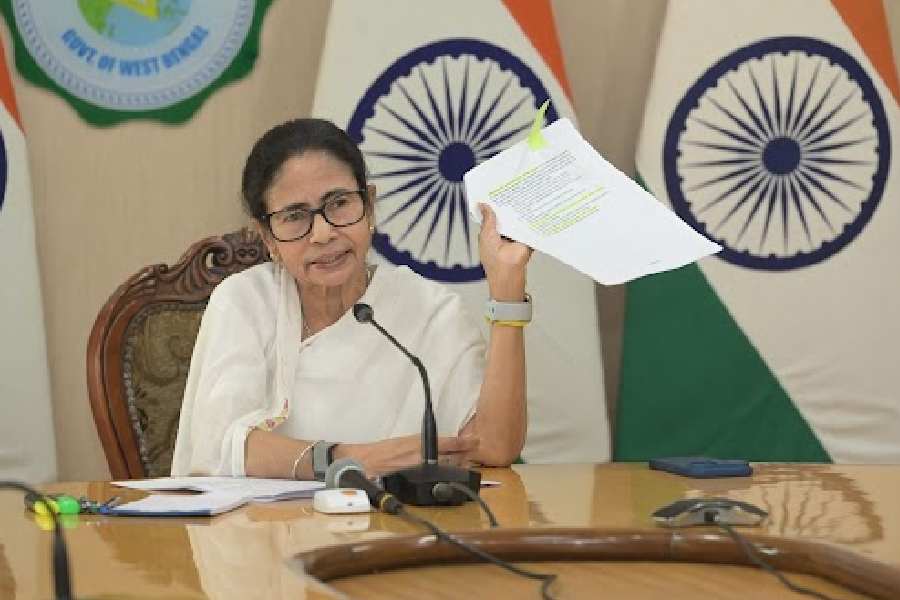Innovations in biomedicine have the potential to make the world a much better place for future generations, a British science communicator said in Calcutta last month.
“Innovation is what drives the world’s progress. We have lived through 50 years of innovation in communication and computing. Before that, we had transport innovation with the first planes and cars. Now, I think the exciting innovation is happening in biomedicine,” said Matt Ridley, whose books on genetics, evolution and allied subjects have sold over a million copies.
“It is possible that our grandchildren will be much better off and much healthier if we allow innovation to flourish. In particular, innovation in biomedicine — because of genomics and artificial intelligence (AI) — will make a great difference to the world,” said Ridley, also a former member of the House of Lords in the UK, told an audience — comprising doctors, researchers and medical students — at the Royal Calcutta Turf Club on January 31.
Ridley and his wife, Anya Hurlbert, professor of visual neuroscience at Newcastle University, were guests of the Institute of Neurosciences Kolkata, which organised the programme.
In her address. Hurlbert spoke of the latest innovations around the human brain, which she called “the great frontier of science”.
A scan of the retina, powered by AI, can detect the early onset of Parkinson’s disease, she said.
“We are using techniques that are looking into the eye, at the retina, to diagnose Parkinson’s disease through very subtle changes in the image of the back of the eye. There is a big team of people involving neuroscientists, ophthalmologists, neurologists and, critically, computer scientists,” said Hurlbert.
“The idea is that we look at images taken with optical coherence tomography (OCT). You get your retina scanned. Your retina is actually part of the brain. The images show diseases of the eye…. We have been training AI algorithms to look at the images and say ‘this person might be getting Parkinson’s,” she said.
Parkinson’s disease is a progressive brain disorder that affects movement, balance, and coordination.
The global prevalence is estimated to be around 50 to 100 people per 100,000 population. In India, with a population of 1.4 billion, that translates to almost 10 million patients, among the highest in the world.
Hrishikesh Kumar, head of neurology at I-NK, told Metro later: “Optical coherence tomography is very much in use in India but for diagnosis of conditions like diabetic retinopathy (a condition where diabetes damages the blood vessels in the retina) andglaucoma. The integration of AI in the same technology to detect Parkinson’s is something still in the research stage here.”
Ridley, elected to the House of Lords in February 2013 and there till his retirement in 2021, counted on India to lead innovation in the 21st century.
“It is important to remember that innovation requires freedom. It requires people to experiment, do trial and error, fail and start again, collaborate with others,change direction…. If India can adopt this freedom and exploit this freedom, then I think there is a fantastic opportunity here.
“I think most of Europe is very bad at innovation these days. I don’t think America is as good as it used to be. I think China is becoming too centralised to be good at innovation. So, there is an enormous opportunity for India to show the world how it is done,” he said.










